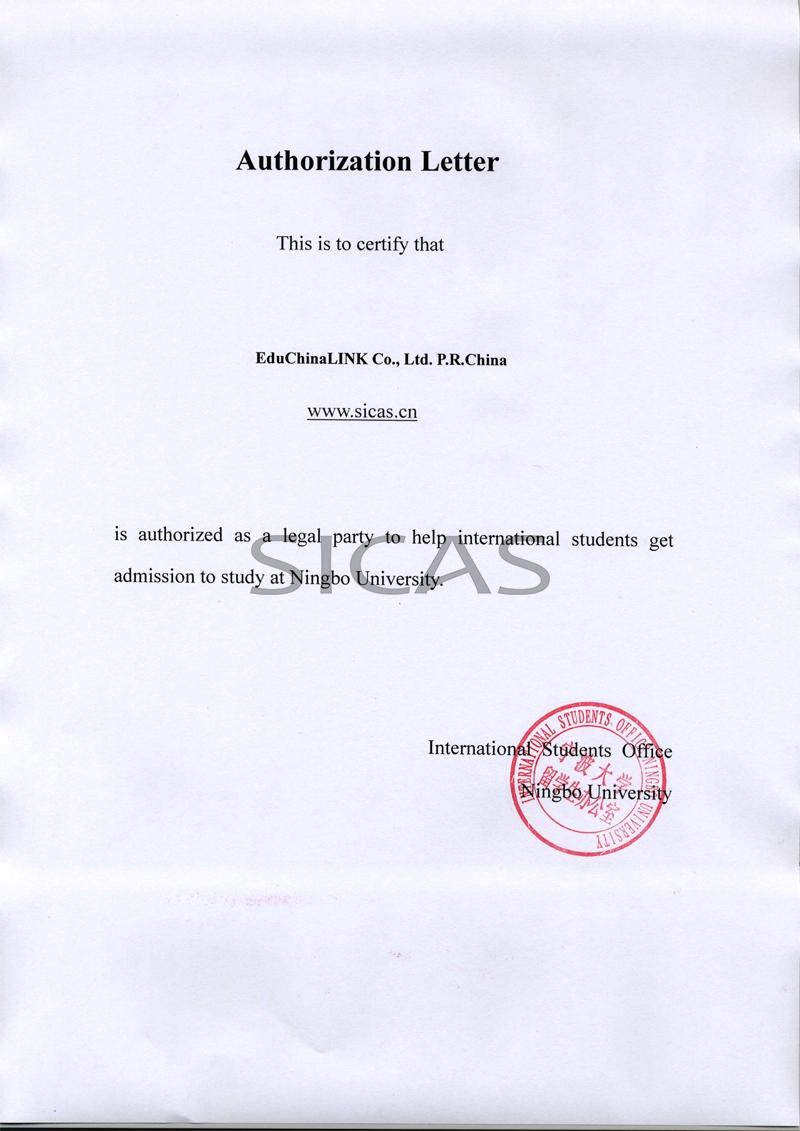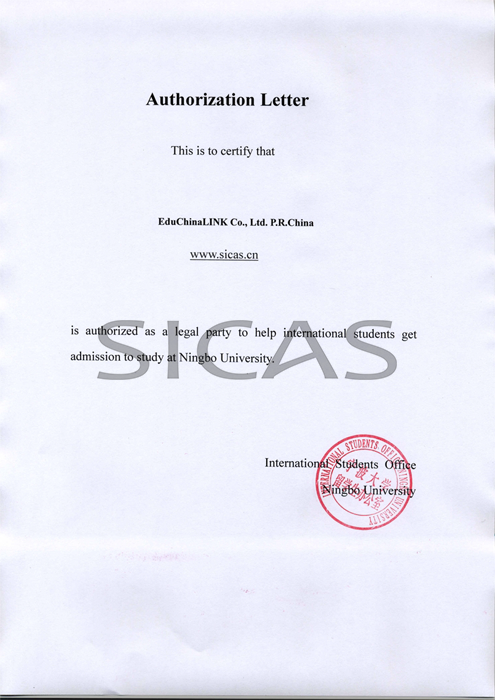

 |
Faculty of Information Science and Engineering
The College Building About 150 faculty members work with the school, among which 90 are full-time teachers. 16 serve as the professor and research professor. Over 50% of the faculty has senior title. 26 faculty members have doctorial degree, and 90% of the faculty has the post-graduate education background or equivalent qualification. Five majors are covered in the undergraduate program: computer science and technology, electro-information science and technology, automation, communication engineering, electrical engineering and automation, among which the computer science and technology is selected as the key construction major in Zhejiang province and Ningbo municipality, and such a appointment is also given to the electrical engineering and automation by the provincial education ministry. Currently, the school boasts three academic areas that are specially recognized or honored by both provincial and municipal authorities concerned. They are information and communication engineering, considered to be the most important and favored specialty with characteristics and advantages; circuit and systems, being the provincial and municipal key study field; computer application technology, in addition to the key study field, also favored as first candidate for the major with characteristics and advantages. Altogether eight research institutes, two Ningbo municipal key laboratories, three provincial hi-tech R&D centers, are constructed in the school. Also attached to the school are two regular provincial experimental teaching bases, one provincial basic course teaching demo-center, three lecturing departments, one teaching experiment center and one school-level computation center. All the experimental, R&D, and administration facilities of the school occupies a total area of more than 10,000 m2. The school has been in good academic cooperation with many well-known international institutes, among them are California University and Maryland University in USA, London University, University of Southampton, University of Leeds in Britain, McGill University in Canada, and Kristianstad University in Sweden. With these universities in a large variety of fields the school has carried out several joint student-cultivation and academic research projects. More than ten foreign specialists and professors have thus far been invited to be either the guest or part-time faculty. And regularly sending teachers overseas to attend the international conferences or advance the education has been well on the way.
Management facilities: administration office, teaching affair management office, and student affair office. Academic departments: computer science and technology, electrical engineering and automation, electro-information and engineering, and teaching experiment center. Key laboratories: Ningbo municipal new-tech digital circuit and systems, Ningbo municipal optic-electro material. Engineering center: Zhejiang provincial mobile communication hi-tech R&D center (also called “Ningbo mobile communication engineering technology center”), Zhejiang medical optic-electro instrument hi-tech R&D center (also called “Ningbo medical optic-electro instrument engineering technology center”), Ningbo optic-communication engineering technology center. Research facilities: Circuit and system research institute, Optic-communication and network application technology research institute, Mobile communication technology research institute, Optic-electro material research institute, Computer science and technology research institute, Zhong Heng artificial intelligence software research institute, Digital technology and application software research institute, and Electrical engineering and automation research institute. |








